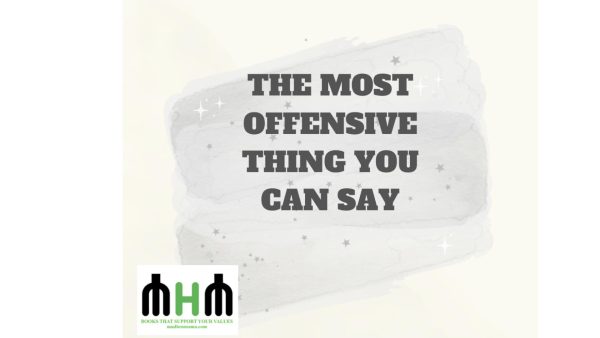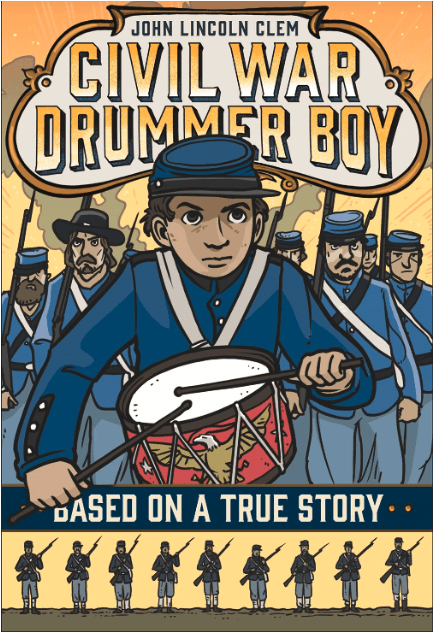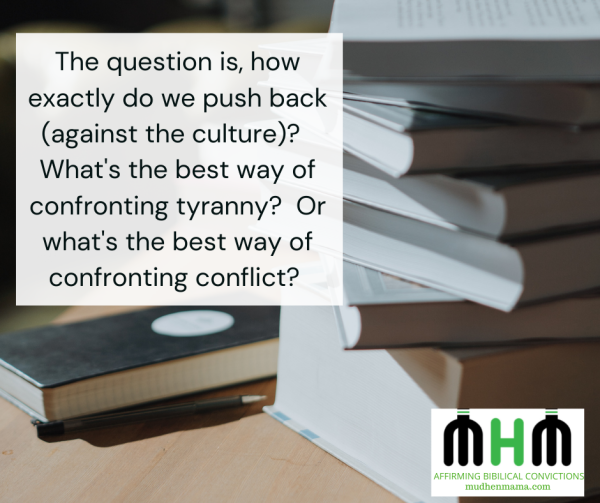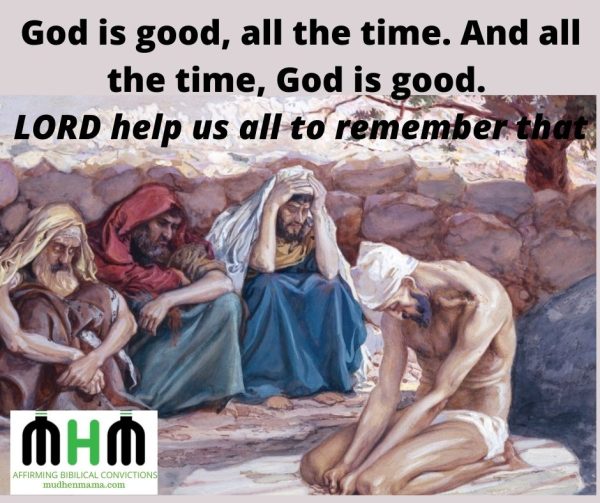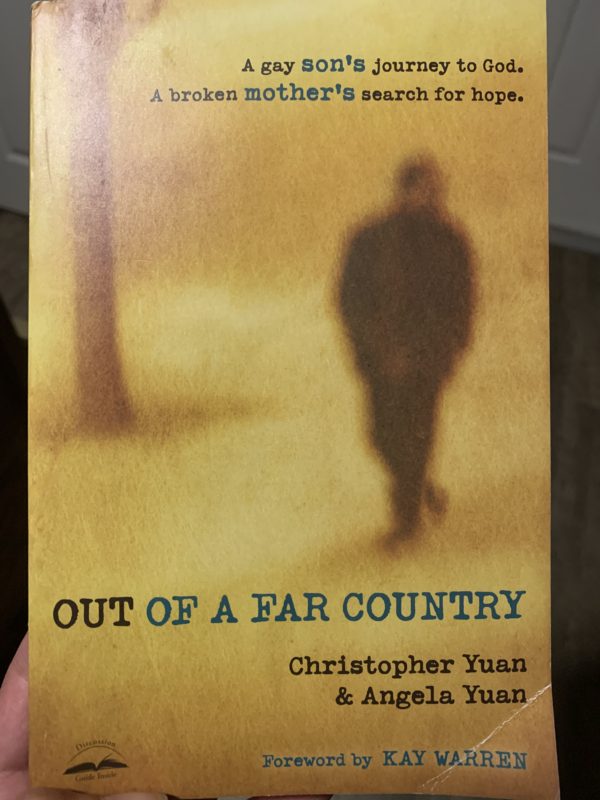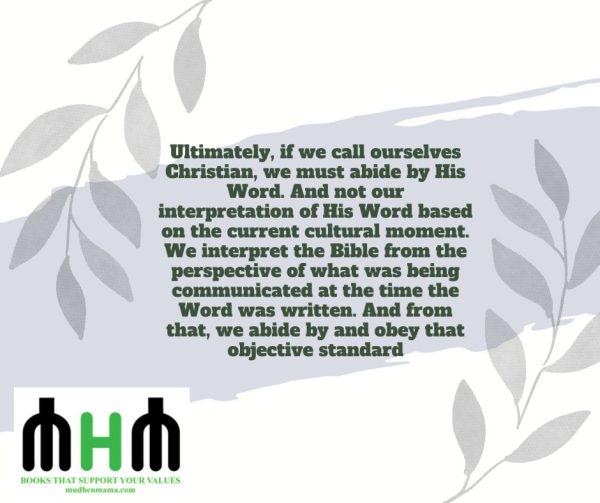
Church of Cowards was published a few years ago. Before that benign, but apparently difficult question was posed to the world by the author, Matt Walsh: “What is a Woman?” Although this book is not what he is best known for, I thought it was a really great and culturally relevant book. Specifically within the Christian community.
His no nonsense, get-over-it attitude shines through throughout the book. As I had mentioned in the previous post, although we don’t belong to the same denomination (he is Catholic, and I would consider myself an Evangelical Christian), I can’t think of anything in the book that really stuck out to me as something objectionable or something I wouldn’t agree with.
The West
The book starts off talking about American Christians and the West in general. It’s sobering to think how far the West has strayed from its roots in Christianity. In Chapter 2, Walsh writes, “Today, around 70 percent of Americans claim to be Christian. This number represents a marked decline, but the problem is not the decline in professed believers…the problem with the 70 percent is that it is not really 70 percent. The 70 percent is mostly composed of the sort of Christians who cannot be readily distinguished from atheists,” (pages 13 – 14). I think we can all agree this is a fair assessment of many people attending church today.
Sacrifice
Walsh later writes how we’d be hard pressed to find many professing Western Christians willing to sacrifice something that is minimally not edifying to the Body of Christ. For example, inappropriate TV shows or provocative clothing or even cursing (page 17), to name a few things. We, here in the West, are so used to being comfortable and self indulgent. We may say we’d die for Christ, but living for Christ won’t even be contemplated, let alone considered.
Walsh writes about several other pertinent topics such as “My Buddy Jesus,” the Prosperity Gospel, and Satan (all light topics, as you can see). But I wanted to focus on the last few.
The zeitgeist of our time
Chapter 7 (Strength in Numbers) addresses the fact of how true Christian morality oftentimes contradicts the popular morality of the culture. I love how Walsh puts it when speaking to the zeitgeist of our time, homosexuality:
If we try to retain both our gay-affirming views and our Christian faith, then we must do so on the basis of one of the following three principles:
page 100
- The Bible is wrong about homosexuality
- Homosexuality was wrong during biblical times but is no long wrong.
- The bible actually endorses homosexuality, but it’s approval is so subtle and hidden that nobody noticed it for twenty centuries until we came along and discovered it.
Wow. That is so spot on. The narcissistic arrogance that our current culture has is, when we stop to think about it, pretty breathtaking in the worst way. To be clear, I don’t think anyone is endorsing treating someone who struggles with their sexuality/sexual orientation with contempt. We are all broken. We all sin. But this goes beyond tolerance to acceptance. And here is the problem.
Ultimately, if we call ourselves Christian, we must abide by His Word. And not our interpretation of His Word based on the current cultural moment. We interpret the Bible from the perspective of what was being communicated at the time the Word was written. And from that, we abide by and obey that objective standard (page 107).
Compassion
Finally, another important point that Walsh makes is when he talks about compassion in Chapter 8 (The False Virtues). The compassion of the world coddles us and focuses on the short term alleviation of pain. However, the compassion that the Word of God talks about focuses on the long term alleviation of pain:
…he does damage to the habitual and unrepentant sinner whose sin is being so politely and nicely tolerated. It may be true that this person will feel relieved to be encouraged in his wickedness and told that it’s really very good and natural for him to do whatever it is he wants to do… but the wickedness he partakes in is still destroying him all the same… It’s rather like giving a man morphine so he no longer feels any pain from the cancer in his lungs. It is nice that he feels no pain, but the cancer is still eating him from the inside. Better that he feel the pain, at least for a time, so that he will go and seek treatment and be healed. In the same way, it is better that the sinner feel the weight of his sin and save his soul.”
page 121
Say no to hate? Not exactly
Has anyone else seen those signs when you’re driving around that reads, “Hate has no home here” (or something to that affect)? I’m certain these signs are well intentioned. The people who took the time to place them on their front lawns are just trying to be kind and loving. But we must consider the fact, as Walsh explains, that: “The Bible repeatedly speaks of this holy and righteous hatred, and commands us – not merely allows us, but commands us – to have this sort of hatred in our hearts,” (page 126). I’m wondering if those with signs on their lawn ever thought about hating the pedophile? Or the rapist? Or the murderer?
To be clear, Walsh caveats the fact that we are to love the sinner and hate the sin (as the Bible clearly teaches). However, we must keep in mind that “We hate a sinner’s sin because we love him and God. If we hate the sinner, then we probably won’t have much urge to hate his sin” (page 127).
Lots more!
There is more, but I’ll stop with that! This book is meaty and will give you a lot to think about and hopefully resonate with! I would encourage you to read it! It’s definitely a worthwhile read.

